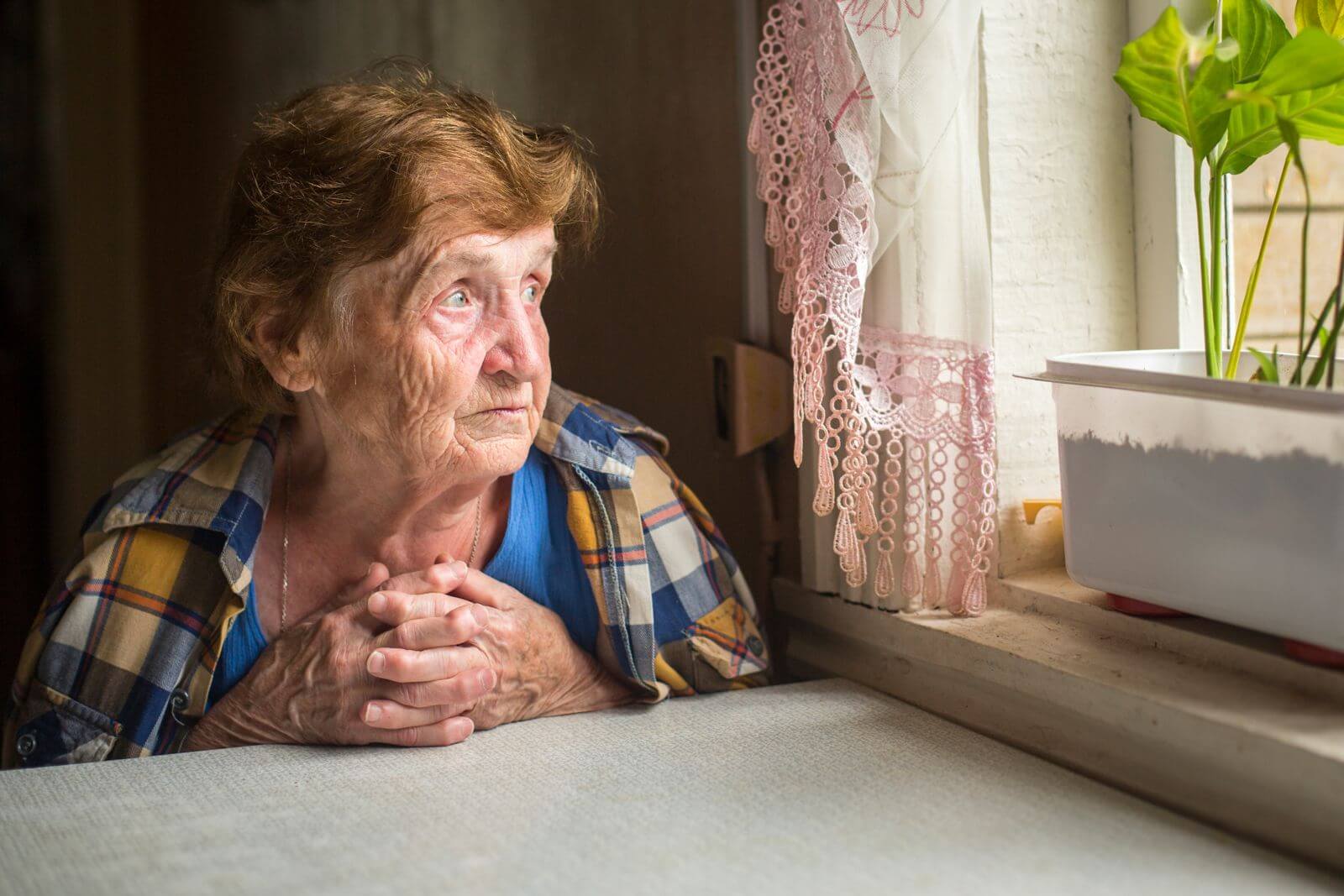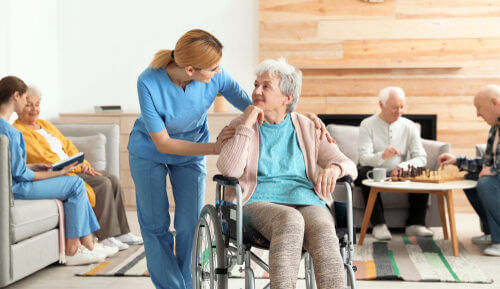
Page contents
Dementia is caused by different diseases that damage the brain and symptoms vary depending on what part of the brain is damaged. Early signs of dementia can be very vague and are often mild. This makes them difficult to notice, particularly for spouses or partners who spend a lot of time with each other.
Dementia in all its forms, with Alzheimer’s being the most common cause, affects people differently which means each individual will have unique experiences of symptoms.
The early signs of dementia can often be mistaken for just being a part of growing old and nothing to worry about. By taking these symptoms seriously you can get an early diagnosis, which will help you prepare and make adjustments for the future.
What are the common early signs of dementia?
Although there are symptoms specific to the different causes of dementia, such as Alzheimer’s disease and vascular dementia, there are some similarities between them. If you are unsure of what to look for, the information below can help you understand what the first signs and symptoms of dementia are.
Common symptoms that could start to show before a person is diagnosed with dementia include:
Memory loss
Memory loss is the most common early symptom of dementia, particularly short-term memory loss. These changes can be subtle as people may still remember things that happened years ago, but may forget why they walked into a room, what they had for lunch or someone’s name and how they know that person, even if they see them regularly. Short-term memory loss can also include forgetting where they have put things and what they are for or going to the shop but forgetting why they went.
Difficulty performing everyday tasks
For people with dementia it can often be difficult to perform everyday tasks. Early signs of dementia can involve trouble with preparing a meal they should know by heart or forgetting in what order things should be done, such as putting on clothes. They may struggle doing chores and keep a clean house as well as maintaining their personal hygiene.
Changes in behaviour, mood and judgement
Behavioural changes, mood swings and personality shifts are common symptoms of dementia, which can be difficult to recognise for the person experiencing them. For others, the person may suddenly become very outgoing, more emotional or show no emotion, stop taking part in social activities and no longer show any interest in hobbies.
The person may be easily frustrated or angry, become restless and repetitive and start to show poor judgement, such as overfilling glasses or wearing several layers of clothing on a hot summer day, or the reverse in winter.
Struggling with conversation and problems with language
Trouble with communication is another common early sign of dementia. A person with dementia may struggle to find the right words even if they are simple, use inappropriate language, have difficulties with following conversations, repeating words and questions and have trouble describing objects and/or recent events.
Disorientation and confusion about time and place
Getting lost or confused when walking or driving in familiar areas and being unable to recall dates and time could be an early sign of dementia. A person going through the early stages of dementia may also get confused or lost in their own home, misplacing items and, for example, search for kitchen utensils in the bedroom. This can extend to forgetting where they are or how they got there and showing confusion about night and day.
When to see a GP
These symptoms can be difficult to notice, including for the person affected and people around them. Just because a person is showing some of these symptoms it does not mean they have dementia, but it is important to remember that dementia is not a natural part of ageing and if you or a loved one is either showing or is worried about some or all symptoms, you should contact your GP as soon as possible.
It is best to get diagnosed with dementia as early as possible for a number of reasons. It helps the person and their family to understand what the condition is, enables them to seek the right support and start planning for the future as well as making adjustments to their daily life to better manage the dementia.
Receiving professional treatment and support enables many people diagnosed with dementia to continue to live fulfilling and active lives.
Find your ideal care home
- Explore a wide range of care options and facilities
- Read independent ratings and reviews
- Connect directly with care homes to book a tour and discuss your needs


